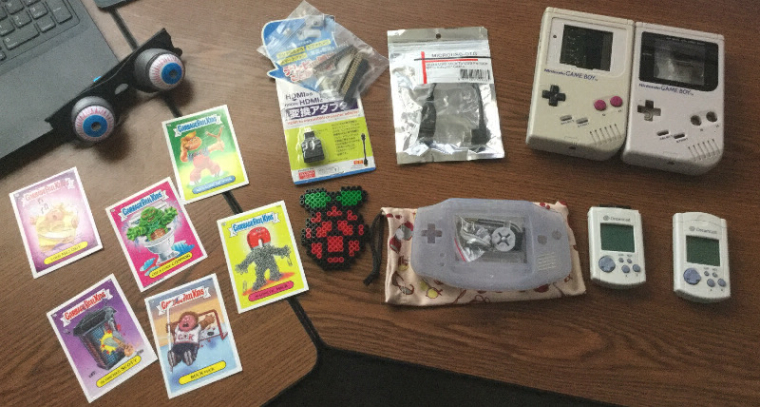Pi in a Dreamcast VMU Build - WIP
-
@moosepr Given that these piezos like something to resonate, do those SMT ones need to be soldered to a board, or do you think I would be able to get a decent result from soldering up leads and then gluing it to the case itself? I don't see me creating a custom PCB for this. At least this iteration.
-
@obsidianspider they seem to work ok just soldered to wires. they are encased so they can work on there own. the one im testing is just on wires, and resting on the board
-
-
WOW!!
-
@obsidianspider yes! Glad you got it all. Can't wait to see the finished product.
-
are those actual Garbage Pail Kids? wow memories!
(or do they still make them?) one of the things that annoyed me moving from USA to UK as a kid was that the garbage pail kids got smaller, and went from having a cutout shape for the sticker part to just being fully rectangular. I think I ended up throwing my collection away, or just sticking them to things... -
@ABrugsch They're Garbage Pail Kids!
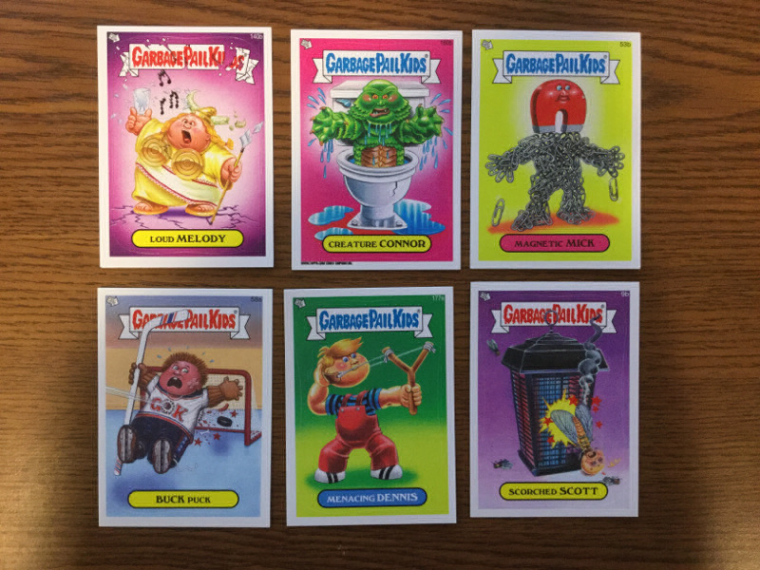
-
My screens showed up in the mail today!
No protective stickers over the actual display itself, so hopefully the minor imperfections I'm seeing on both screens are just some dirt.
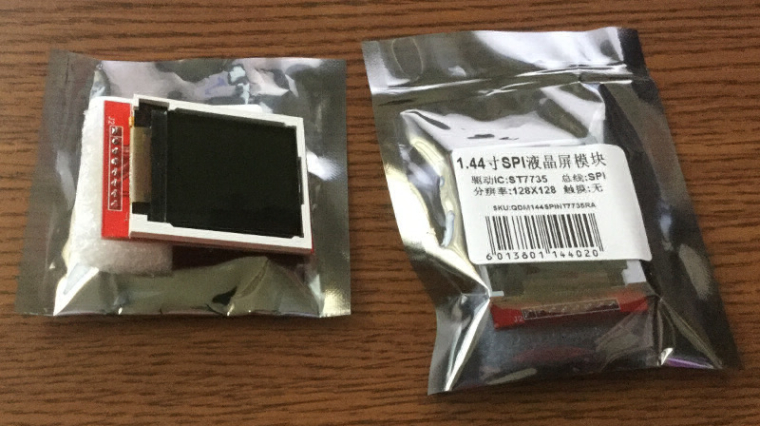
A quick mockup of setting a screen inside a VMU looks very promising.
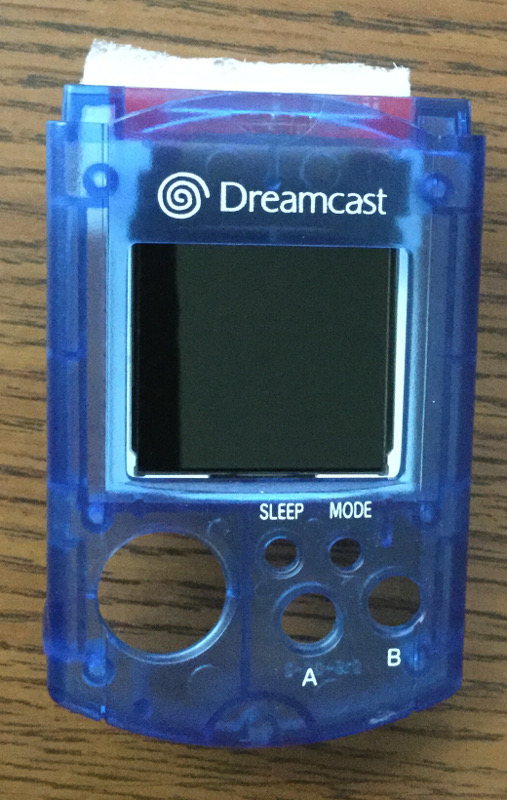
-
@obsidianspider chip at the top sure it better!! plus the driver being upside down to begin with, means not having to worry about changing it!
-
@moosepr Now I'm trying to figure out what GPIO pins map to the pins on the red board.
-
@obsidianspider is this any use?

-
@moosepr This is about where I'm at. Your diagram helps quite a bit. I'll have to see if I can follow the traces and translate that to the pins on the red board before I try soldering things up. I want to make sure things work stock before I take it apart.
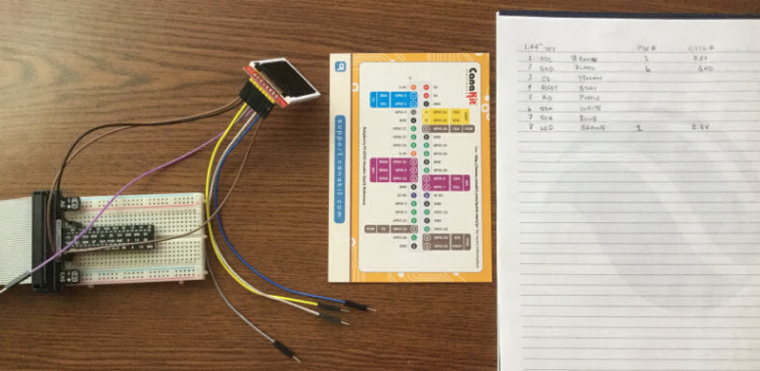
-
@obsidianspider lets see if i can fill in the blanks for you
1 - 3.3v
2 - gnd
3 - gpio 8 (pin 24)
4 - gpio 25 (pin 22)
5 - gpio 24 (pin 18)
6 - gpio 10 (pin 19)
7 - gpio 11 (pin 23)
8 - 3.3v (can be the same as pin 1)my schematic is a little messy, lots of crossovers. tis something i need to refine
-
@moosepr Well, it looks like I came up with the same answer, so that's good. Now I need to tweak a RetroPie setup to see if I can get things working!
-
@obsidianspider thats the easy bit
raspi-config - enable spi
sudo nano /etc/modules - add in
spi-bcm2835
fbtft_devicesudo nano /etc/modprobe.d/fbtft.conf - add in
options fbtft_device name=fb_ili9163 gpios=reset:25,dc:24 speed=40000000 bgr=1 rotate=0 custom=1 fps=60
reboot
-
@moosepr I'm workin on it! I'm workin on it!
-
So, it works, kind of. Both screens are showing garbage data on the pixels on the right, one is showing them on the bottom as well. I haven't tried adjusting resolution yet, but the screen is mirroring what's going to HDMI correctly, aside from the garbage pixels.
I do have overscan disabled in
/boot/config.txt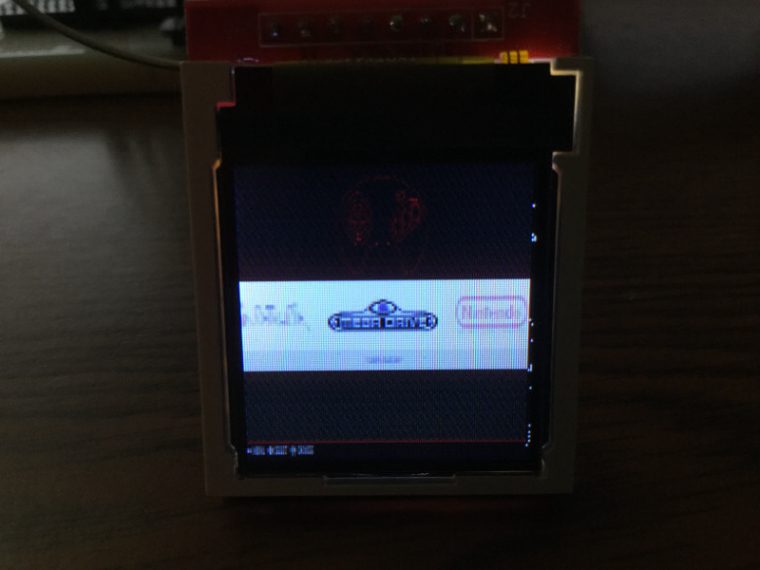
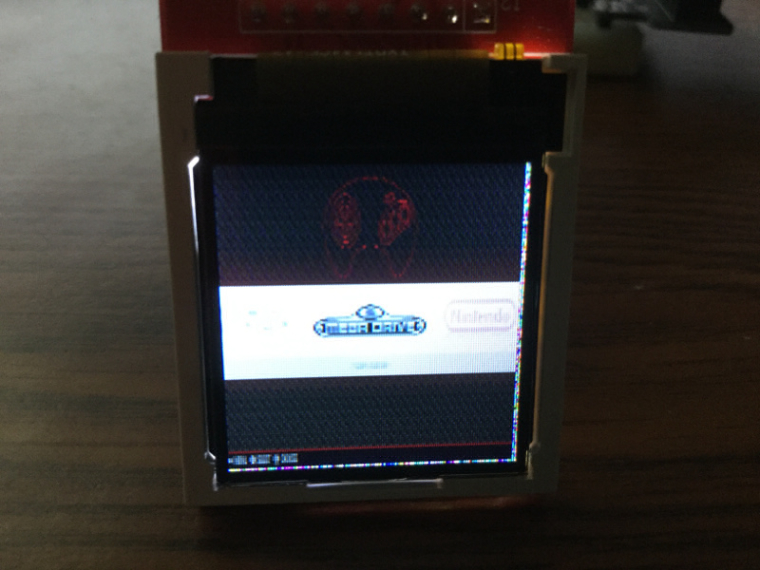
-
@obsidianspider do the dead pixels show up under the VMU bezel?
-
@obsidianspider hmmm are those the 128x128 screens, or the 128x160?
-
@moosepr they're the "red board" screens.
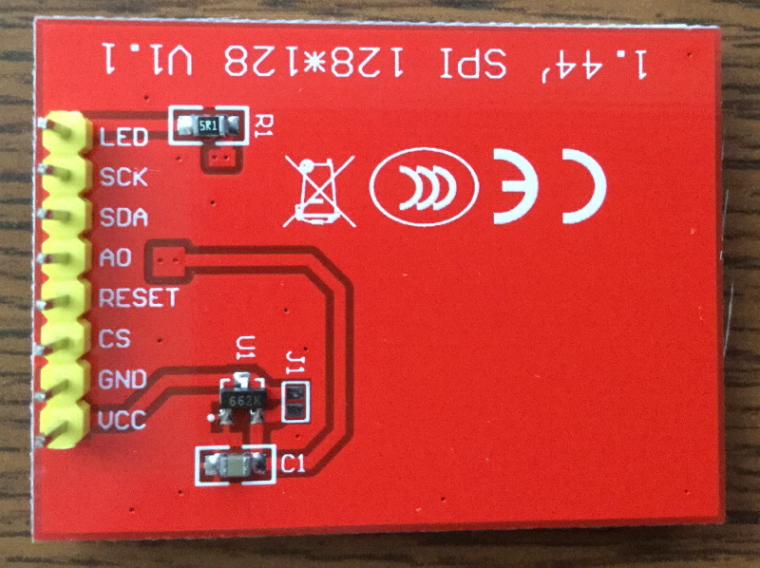
Setting the HDMI resolution to 128 x 128 in
/boot/config.txtdidn't help.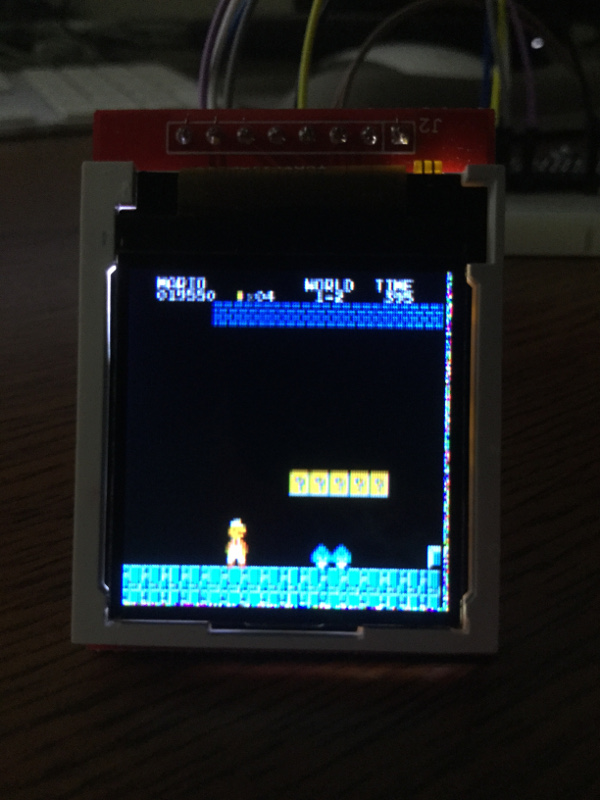
Great refresh rate though. Very smooth.
@lilbud The whole screen shows. I'm going to actually end up coloring in the white surround black to hide it a bit. This is just "set in" but you get the idea.
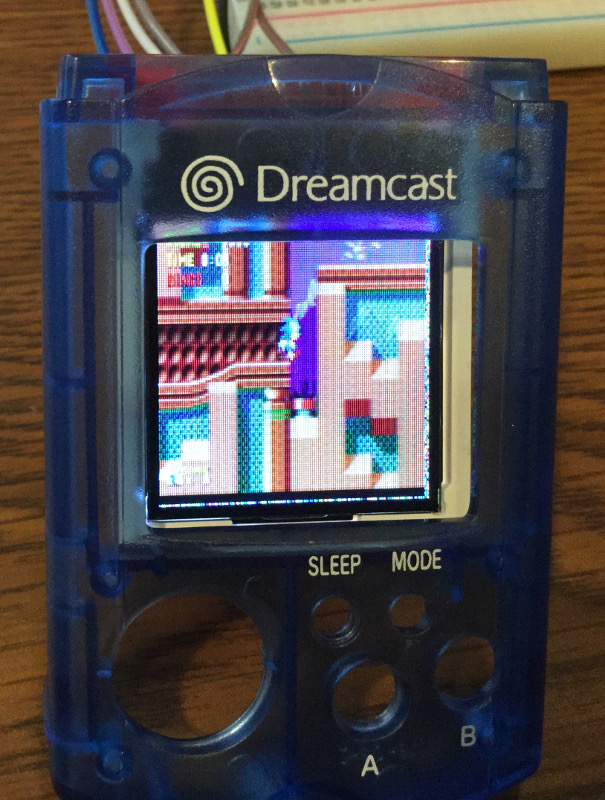
Contributions to the project are always appreciated, so if you would like to support us with a donation you can do so here.
Hosting provided by Mythic-Beasts. See the Hosting Information page for more information.
